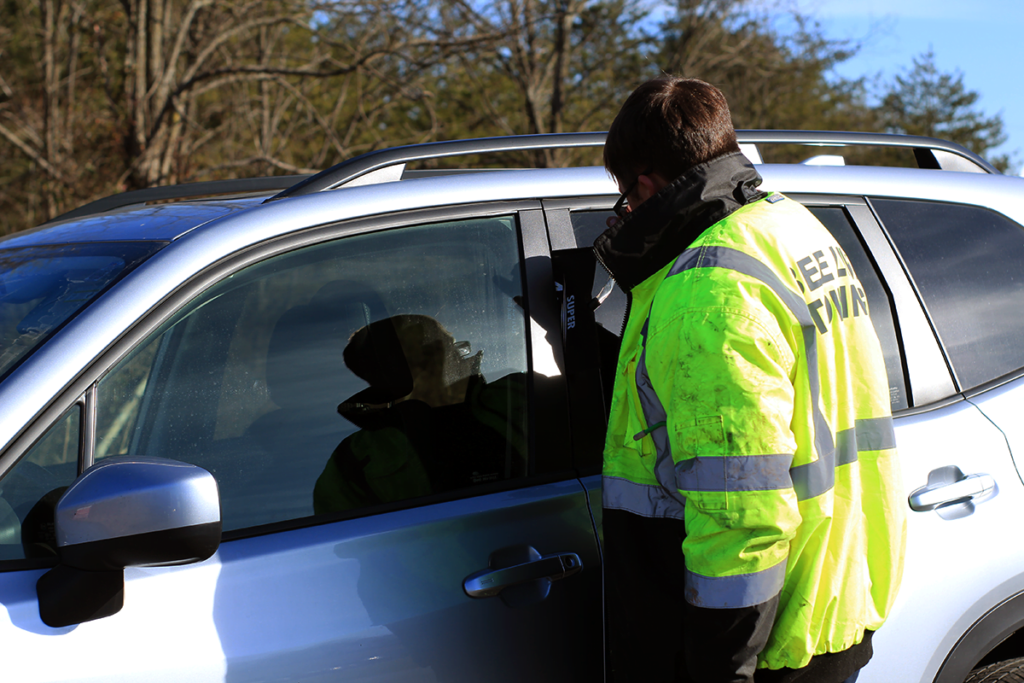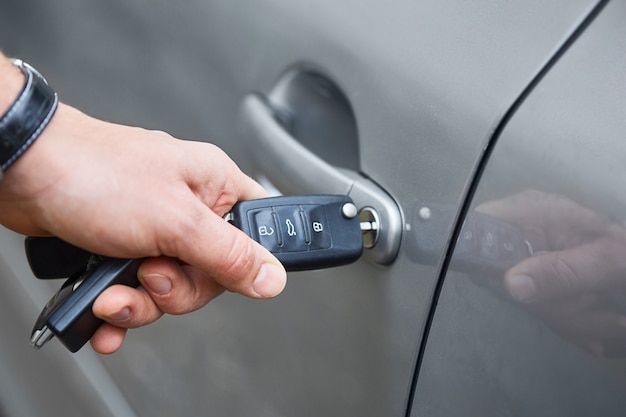On a sunny day, it’s not uncommon to feel the heat rising from the pavement. This heat can be more than just uncomfortable; it can be hazardous, especially when it comes to vehicles. Understanding how hot cars can be dangerous during a lockout is vital for ensuring safety. When a car is locked and left out in the sun, temperatures inside can skyrocket within a short period, posing severe risks to any living being trapped inside.

The Science Behind Rising Temperatures in Cars
When the sun beats down on a car, its rays penetrate the windows, heating up the interior. This process is known as the greenhouse effect. Unlike open spaces, a cars interior traps this heat, causing temperatures to rise rapidly. Studies show that the temperature inside a vehicle can increase by 20 degrees Fahrenheit in just 10 minutes. This means that on a hot day, even at 70 degrees outside, the interior can reach a sweltering 90 degrees.
Impact on Children and Pets
Children and pets are particularly vulnerable to heat exposure in locked cars. Their bodies heat up three to five times faster than adults, putting them at extreme risk of heatstroke, which can occur when the body temperature rises above 104 degrees Fahrenheit. Symptoms include dizziness, confusion, and unconsciousness, and if not addressed promptly, it can be fatal.
Recognizing Heatstroke Symptoms
It’s crucial to recognize the signs of heatstroke. Symptoms may include red, hot, and dry skin without sweating, a rapid pulse, throbbing headache, dizziness, nausea, confusion, and unconsciousness. If you suspect someone is suffering from heatstroke, it is imperative to act quickly and seek medical assistance immediately.
Preventive Measures to Avoid Lockouts
Preventing a lockout is the best strategy to avoid these dangers. Here are some tips that can help:
Always Double-Check
Make it a habit to check for your keys before locking the car doors. Develop a routine that includes checking the backseat for children or pets and ensuring you have all belongings before stepping out of the vehicle. Check out these daily routines to avoid losing keys.
Use Technology Wisely
Modern cars come equipped with keyless entry systems and alarms that can help prevent lockouts. Familiarize yourself with these features to ensure youre using them effectively. However, understand the risks of keyless entry to be fully prepared.
Keep a Spare Key
Keeping a spare key in a secure location can be a lifesaver. Make sure it’s accessible but not obvious to potential thieves. Some people opt for a magnetic key holder placed under the car, but this should be used with caution.
What to Do If You’re Locked Out
If you find yourself locked out of your car, don’t panic. Here’s what you can do:
Call for Professional Help
Contact a locksmith to assist you. Professional locksmiths can unlock your vehicle without causing damage. Learn more about how to handle lockouts effectively.
Consider Emergency Services
If a child or pet is locked inside, and you can’t quickly resolve the issue, call emergency services immediately. They are trained to handle these situations and can provide the necessary assistance swiftly.
For additional tips on handling car lockouts, visit AAA’s guide on what to do if you lock your keys in your car.
Legal Considerations
Many regions have laws in place to protect individuals who break into cars to rescue children or pets in distress. Understanding these legal protections can be helpful if you ever need to intervene. Always prioritize safety and contact authorities when necessary.
Know Your Local Laws
Familiarize yourself with local laws regarding breaking into vehicles to save a life. These laws vary from state to state but often provide legal immunity for good Samaritans acting in an emergency.
FAQs
Can I leave my pet in the car if it’s not too hot outside?
Even on mild days, the temperature inside a car can rise quickly. It’s best to avoid leaving pets unattended in vehicles.
What should I do if I see a child alone in a locked car?
Call emergency services immediately. If the child seems to be in distress, and help is not arriving quickly, it may be necessary to intervene directly.
How can I prevent locking my keys in the car?
Develop a routine to check for your keys, use technology like keyless entry wisely, and consider keeping a spare key accessible.

Conclusion
Understanding how hot cars can be dangerous during a lockout is crucial for anyone who drives. With rising temperatures and the risk they pose, it is essential to be vigilant and prepared. By following the tips in this article, you can help ensure the safety of your loved ones and pets. Remember, a few moments of caution can prevent a potential tragedy.
This article contains affiliate links. We may earn a commission at no extra cost to you.





